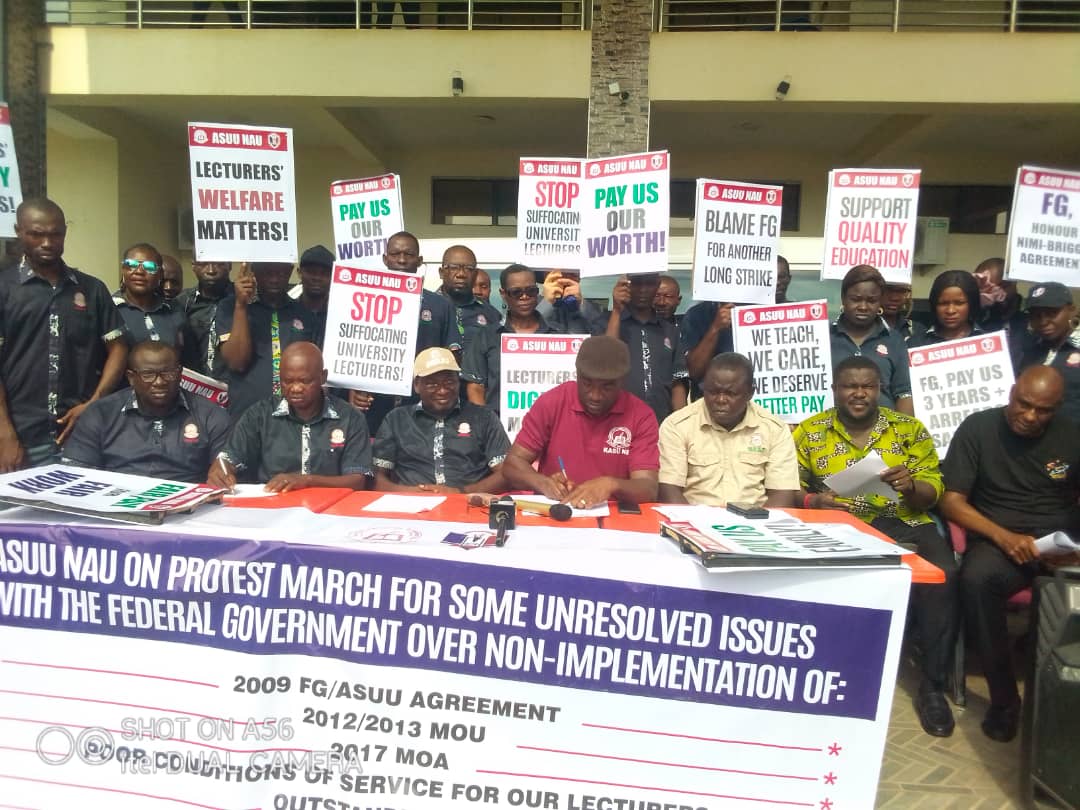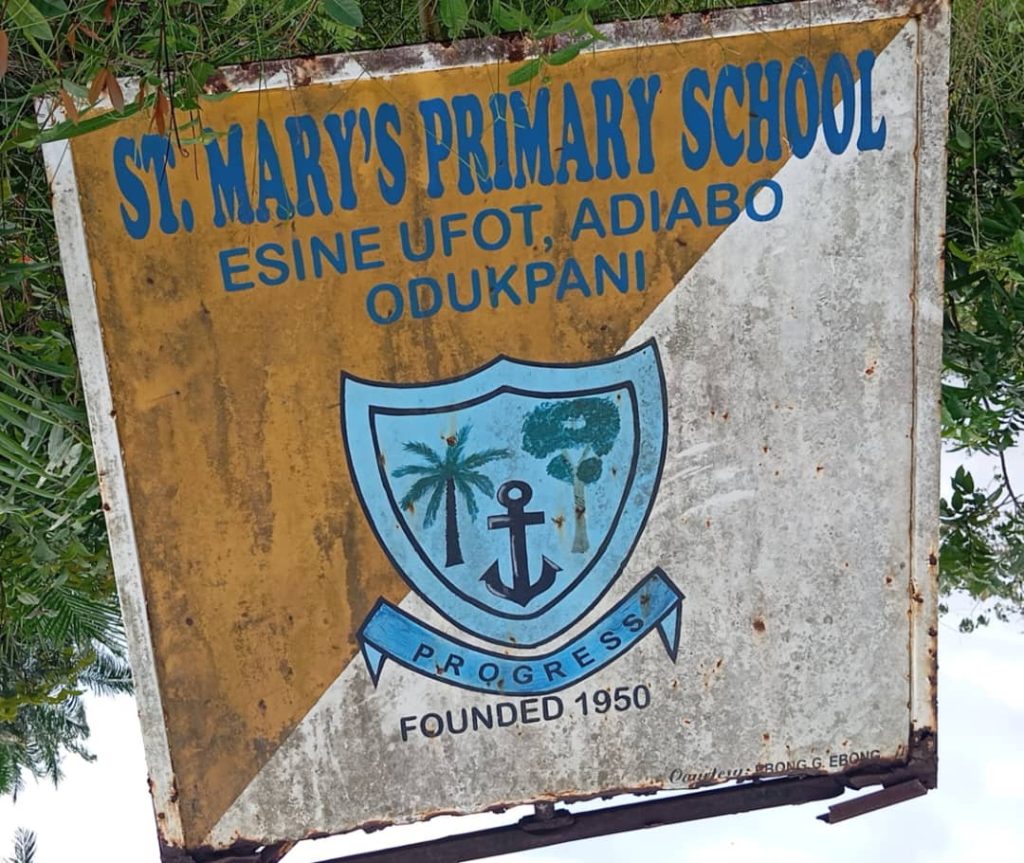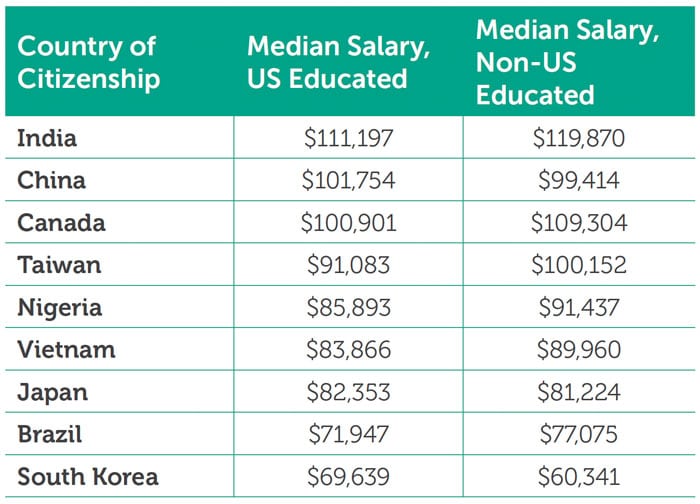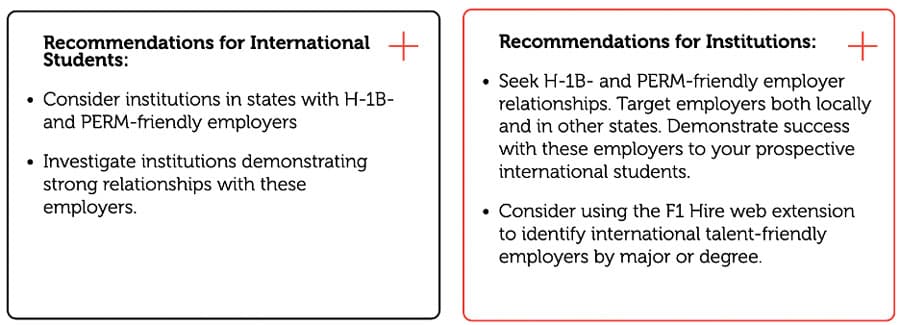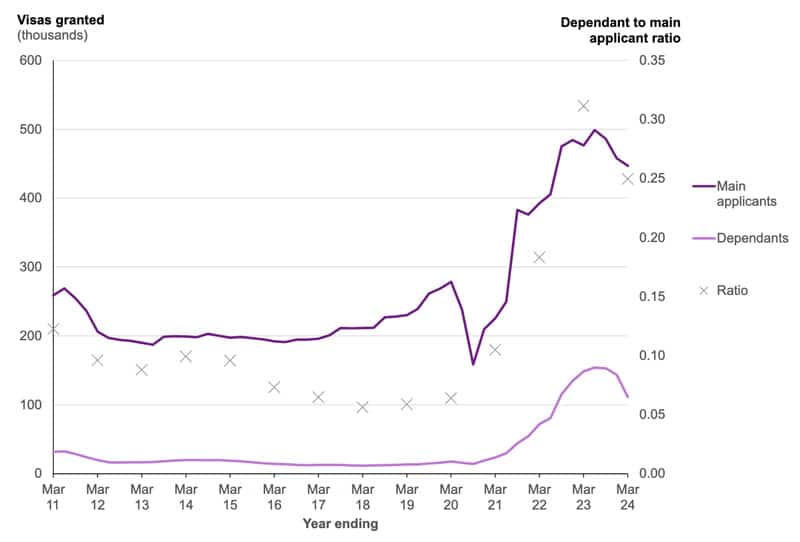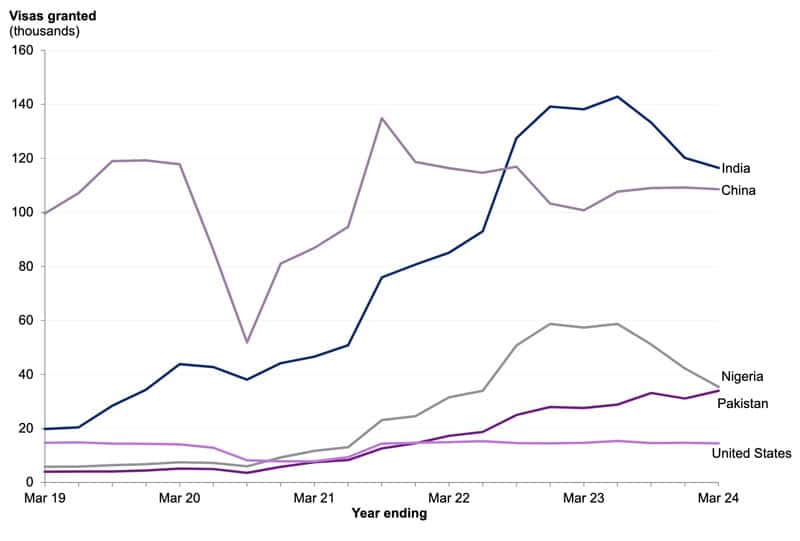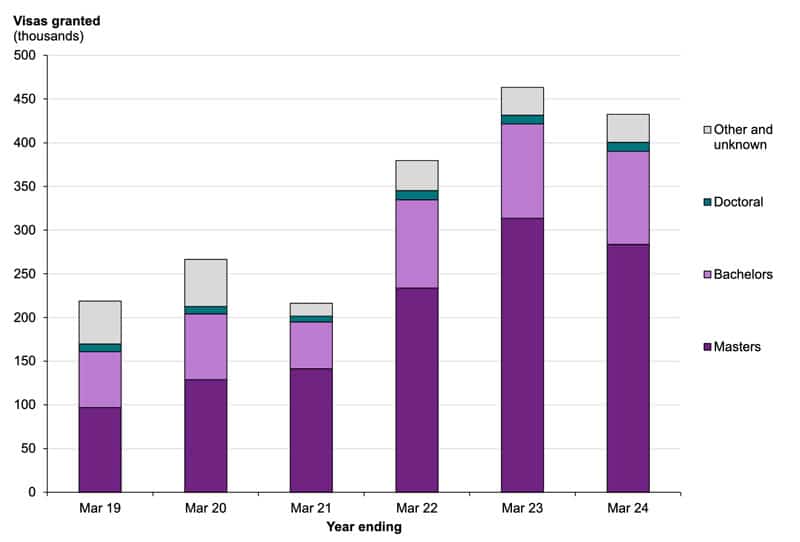By Ovat Abeng
Members of the Academic Staff Union of Universities, ASUU, Nnamdi Azikiwe University ASUU-UNIZIK Awka branch has told students of the University to blame the Federal Government of Nigeria, in case the Union embarked on another long strike nationwide.
The Union made their position known when they joined their counterpart Nationwide to protest government failure to sign the agreement with the union over the past two years.
The leaders in their respective remarks expressed the Union’s readiness to embark on another strike soon if nothing was done to honour their agreement with the federal government.
Addressing a press conference at the ASUU-UNIZK Secretariat in Awka on Tuesday before the protest, the Chairman of ASUU-Unizik, Professor Kingsley Ubaorji regretted that two years after they were appealed to return to the classrooms, the federal government was yet to attend to their demands.
According to Prof Ubaorji “In the year 2022, ASUU was on strike for eight months, public universities in Nigeria were shut down, students were sent home because federal government of Nigeria refused to address ASUU demands as contained in renegotiated 2009 agreement which Academic Staff Unions of Nigerian Universities had with them.
“ASUU suspended the strike because our union is very civil, law abiding and has respect for rule of law. This is two years after, and the federal government has refused to sign that agreement with our union.
“To be honest with you comrades and esteemed members of the press, our union (ASUU), held an emergency National Executive Council meeting on Tuesday, the 8th of June, 2024. Our union observed that the administration of President Ahmed Bola Tinubu is yet to engage fully, the union to address all outstanding issues with ASUU decisively.
These issues are: *Renegotiation of the 2009 FGN/ASUU Agreement and implementation of the Prof. Nimi Briggs Report, Funding for the Revitalisation of Public Universities based on the FGN-ASUU MoU of 2012, 2013, and the MoA of 2017, Release of the 3½ months of the withheld salaries, Payment of EAA, Release of unpaid staff salaries on sabbatical, adjunct, etc., due to IPPIS, Release of third-party deductions, Implementation of UTAS in place of IPPIS mplementation of the Reports of the visitation panels of Illegal dissolution of Governing Councils in Federal and State Universities and Proliferation of public universities.
“As you are aware, many of these issues have outlived successive governments without any resolution, and other issues have been created by consecutive governments as well, like the implementation of the IPPIS, which came with the Muhammadu Buhari administration. Historically, the government has made commitments and signed agreements with ASUU, detailing timelines and expectations of both parties aimed at developing the Nigerian Universities as conditions for suspending any strike action. As soon as Lecturers resumed, the government and other stakeholders returned to status quo.
“ASUU would again start writing letters and reminders to the government, which were most often ignored, resulting in another strike action by ASUU.
It may interest the general public, especially Nigerian Students, to know that through ASUU struggles, Nigerians have enjoyed the following benefits:
Regulated/subsidised tuition fees.
The establishment of TETFund and NEEDS Assessment funds that have sponsored critical infrastructural projects in our universities, including lecture classrooms, office blocks, roads, hostels, electricity, etc.
Purchase of laboratory equipment
The implementation of a reviewed salary structure for lecturers (last reviewed 2009).
Partial payment of Earned Academic Allowance (EAA).
Non-victimisation of devoted union members and other victories were made possible by ASUU struggles and strike actions.
The 2009 FGN/ASUU Agreement has been a recurrent decimal in all ASUU industrial actions since 2009. No government had taken the renegotiation seriously, but during the life of the past administration, negotiation came to a conclusion with the Nimi Briggs Committee. A document was produced, but the minions in the corridors of power refused to pass it on to the then President for his consideration and approval. Since then no tangible outcome has been recorded in spite of the constructive recommendations of the Committee.
“Our union, therefore, demands that all renegotiations of the 2009 FGN/ASUU Agreement be rounded off based on the Nimi Briggs Committee resolutions.
It may interest you to also know that the salaries of Academics in Nigeria have not been reviewed since 2009. That is over fourteen years of being on a static salary structure despite the country’s increasing inflation rate.
“Aside from the raging inflation, we invite you to compare the wages of our counterparts in other African countries and offer your judgment. It is on record that most of our bright students are turning down the opportunities to join the teaching profession simply because Lecturers in Nigeria are not well-paid. By the time we retire, who will teach our children?
Our Union maintains that based on the FGN-ASUU Memorandum of Understanding (MoU) of 2012 and 2013 and the Memorandum of Action (MoA) of 2017, the revitalisation of our public universities remains a top priority if Nigerian universities and academics would remain competitive.
“Our union insists that the work for which the government has withheld our 3½ months salaries, based on the ‘no work, no pay’ policy of government, had been done. Therefore, the government has no reason to keep the salaries of university academics.
The continued reluctance of the government in this direction is a naked invitation to a situation that may not argue well for university education in Nigeria.
“Our members are so resolved and strong on this and should be paid without any further delay.
It is worrisome and incomprehensible that the Earned Academic Allowances captured in the 2023 Federal Budget have not been paid. The union wonders at the illegality in not paying the EAA even when the budget year in which it was captured has elapsed.
“Nigerians should ask the federal government where the budgeted funds for university workers’ EAA are currently domiciled. We call on the federal government to release our EAA without any further delay, as the non-implementation of this aspect of the budget is questionable and verges on illegality and its concomitant corrupt practices.
“We observes the government’s failure to remit third-party deductions, including pension contributions and cooperative society dues. This is due to the incompatibility of IPPIS with the university system. We therefore call for the immediate remittance of these deductions to the appropriate quarters. Failure to release the third-party deductions is a clear violation of the Trade Union Act that governs the deduction of such funds.
The introduction of the Integrated Payroll and Personnel Information System (IPPIS) has led to unacceptable inconsistencies, including the non-payment of salaries of bona fide academic staff for some years and months, and academic staff on sabbatical, adjunct, and other contractual engagements that make the academic system unique.
Our union maintains that the proliferation of public universities without provisions for adequate funding and infrastructure does not auger well for our university system. Therefore, we call on the government to put a moratorium on creating more universities without substance.
“If the FGN sets its priorities right, all these could be resolved amicably, without any industrial action. But the truth is that the government appears to have been treating these issues with some fun, which our union finds unacceptable.
“As a union, we have therefore resolved to engage the media to sensitize the public on the failure of the government to address all the outstanding issues with ASUU. Our union remains committed to advocating for the rights and welfare of academic staff and the overall improvement of the Nigerian University System.
We, therefore, call on the government to take immediate and decisive actions to address these critical issues.
“We are also telling government and the public that if in the next two weeks nothing is done, ASUU is going to embark on yet another long strike and the students should blame the Federal Government for that,” the Chairman concluded.
Also speaking during the protest, the Zonal Cordinator of ASUU, Owerri zone, Prof. Dennis Aribodor, lamented that the rate of taxation by the Federal Government on the meagre salaries paid to lecturers was unbearable.
He urged the Federal Government to avoid a total shutdown in the Nigeria Varsities.
It was gathered that the protest was accompany with placards with various inscriptions such as; FG stop deceiving Nigerians, FG pay us 3-years of arrears and salaries, lecturers dignity matters, blame FG for another long strike, pay us fairly, stop suffocating University lecturers, support quality education, FG allow lecturers to breathe, among others.
